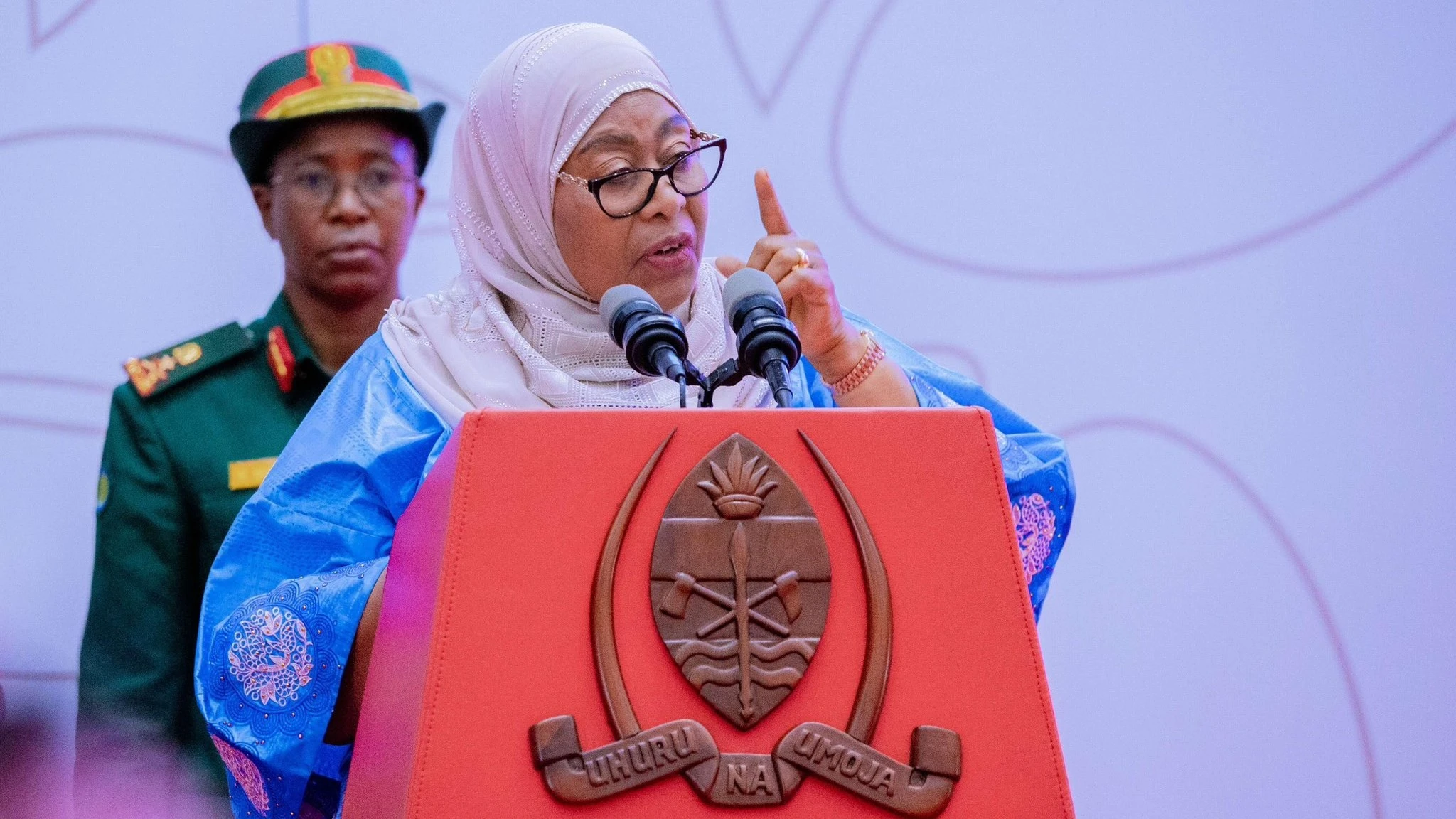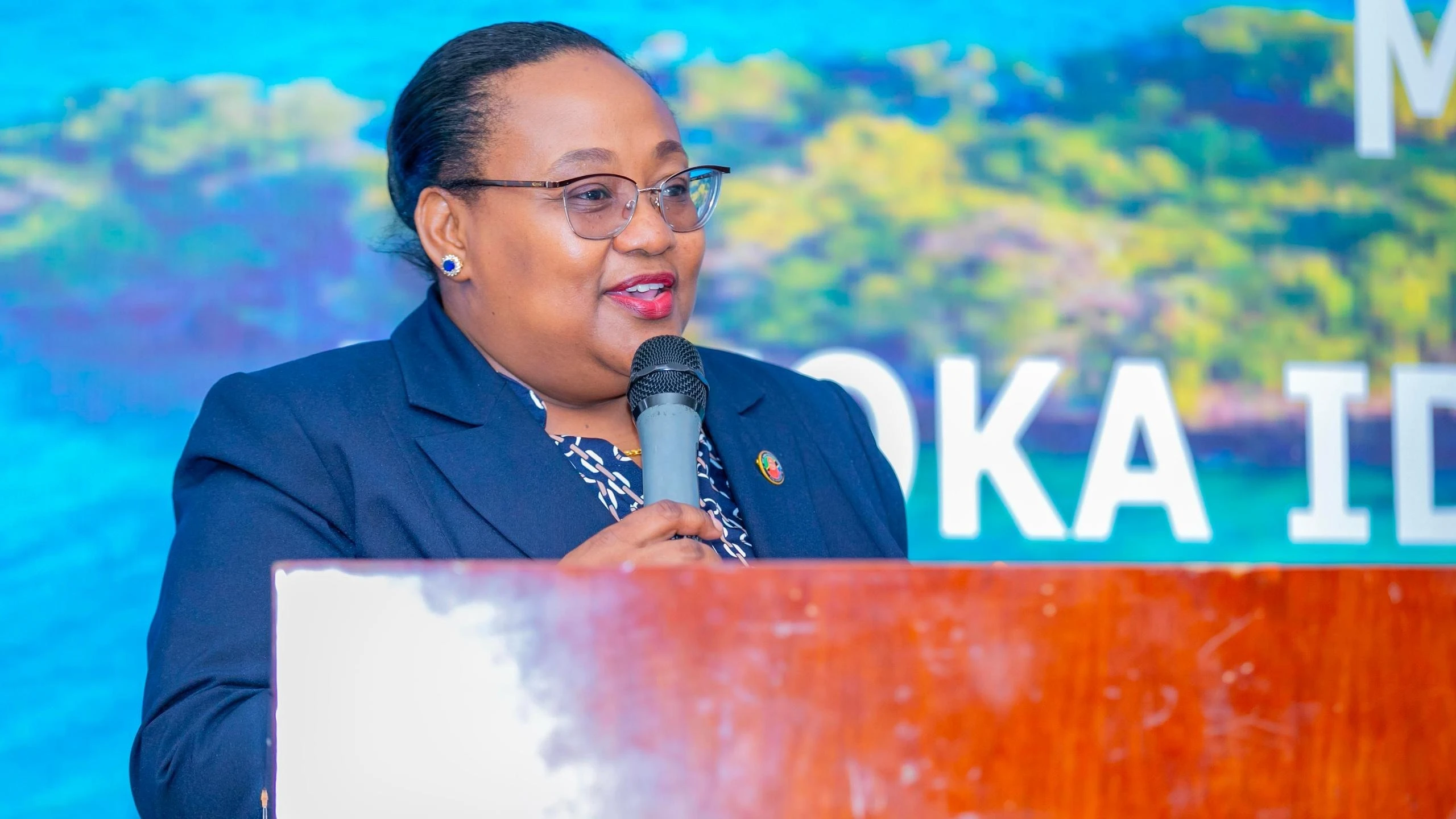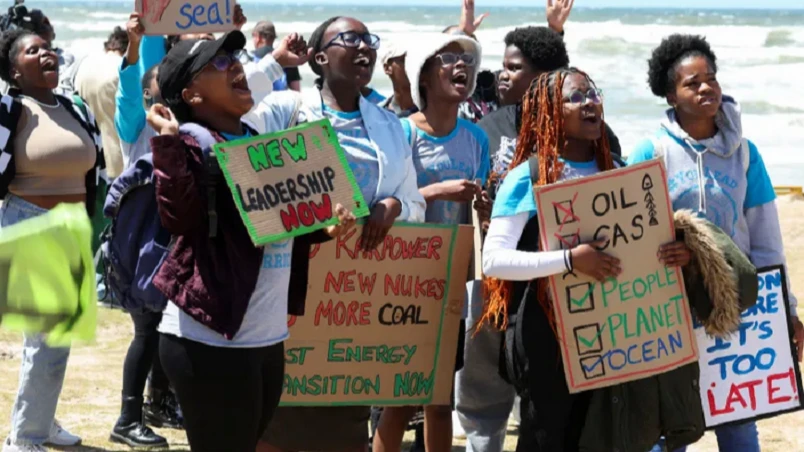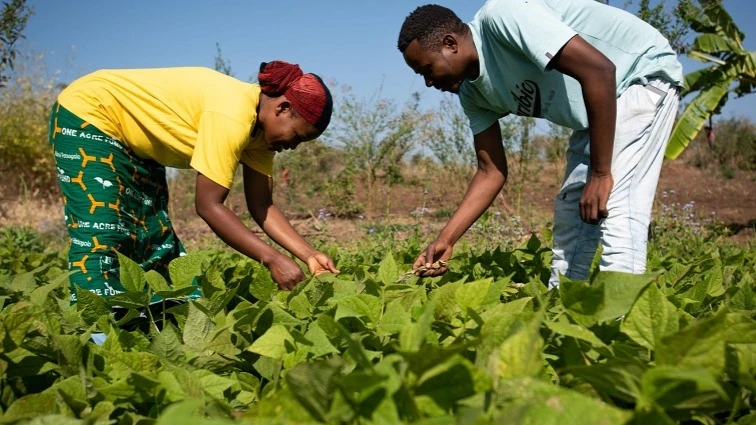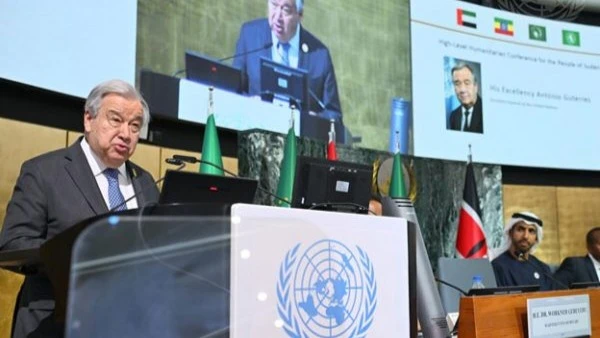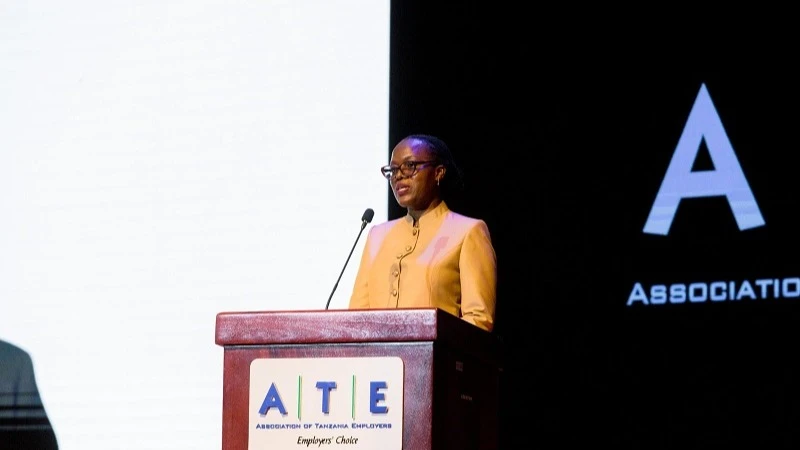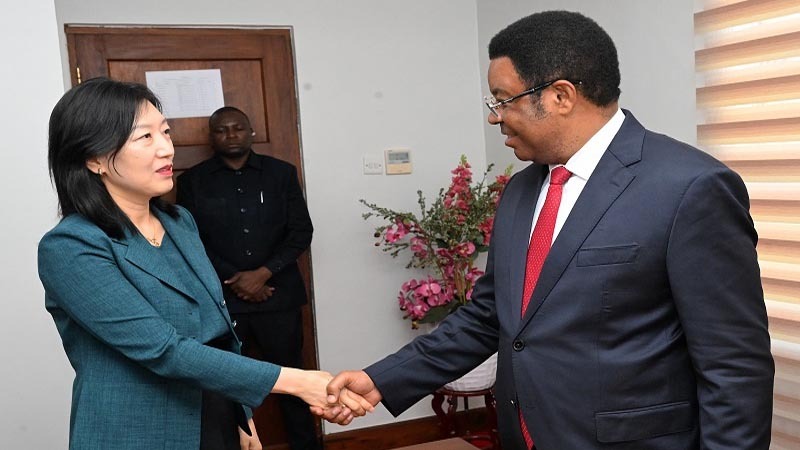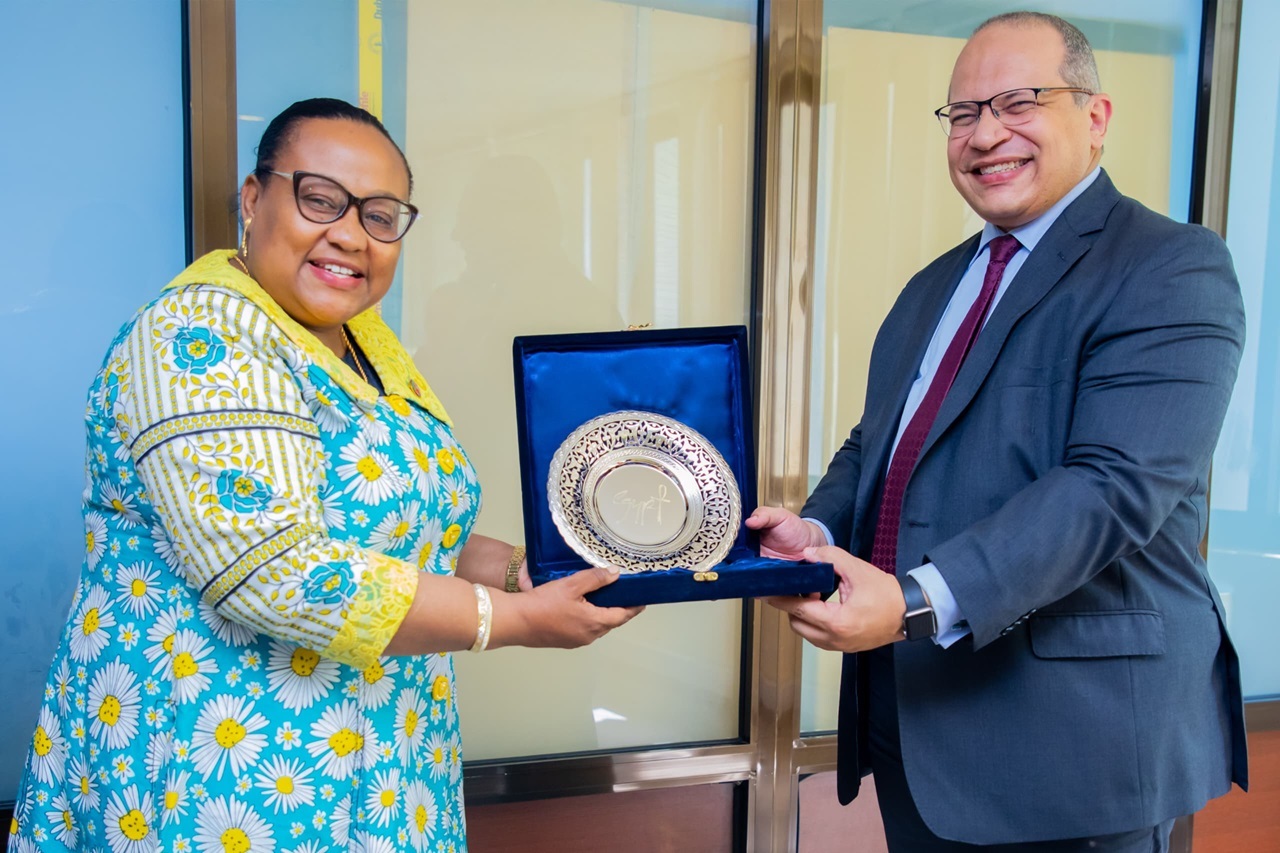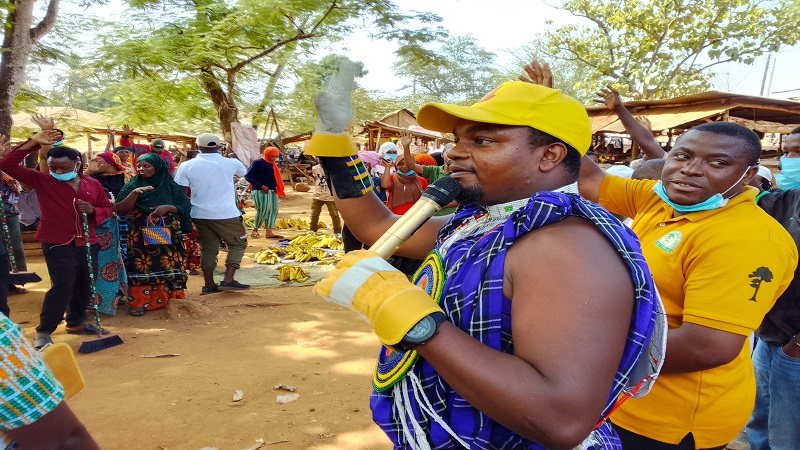Kagera’s botanical garden to help tackle climate change, support green tourism
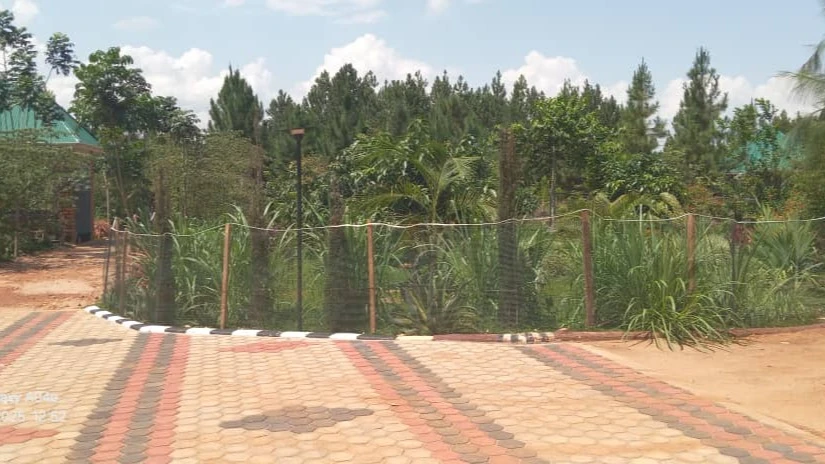
AS world leaders and scientific institutions convened to address the biodiversity crisis at the Conference of the Parties to the Convention on Biological Diversity (COP 16) and climate change at the 29th Conference of the Parties of the United Nations Framework Convention on Climate Change (UNFCCC) in Colombia last year, a quiet yet impactful initiative was taking root in Bukwali, Kashenye ward, Missenyi District, Kagera Region.
The Julieth Flowers Botanical Garden (JFBG) may have been far removed from these global discussions, but its efforts to combat biodiversity loss and climate change echo the goals pursued at these international conferences.
Nestled about 45 kilometres from Bukoba town along the tranquil shores of Lake Victoria, Bukwali village has long been celebrated for its natural beauty.
The garden offers significant environmental benefits that contribute to the resilience and sustainability of the local ecosystem. It serves as a sanctuary for native and exotic plant species, preserving biodiversity and creating a habitat for various pollinators, birds, and small animals.
This conservation effort helps maintain ecological balance and promotes the survival of species threatened by habitat loss and climate change.
The garden contributes to improved air quality by absorbing carbon dioxide and releasing oxygen, mitigating the impacts of climate change. The lush vegetation in JFBG also helps to regulate temperatures locally, creating a cooler and more pleasant microclimate for surrounding areas.
The garden’s vegetation prevents soil erosion, particularly in an area affected by Lake Victoria's rising water levels.
JFBG serves as a platform for environmental education, raising awareness about sustainable practices and the importance of protecting ecosystems. Visitors, including researchers and local communities, gain valuable insights into addressing environmental challenges.
It enhances the region's resilience to climate impacts such as heavy rains and unpredictable weather patterns.
JFBG integrates environmental sustainability with economic development by inspiring eco-friendly practices and supporting green tourism. Its presence reinforces the need for balanced growth that prioritizes the health of the planet.
However, the area has recently faced significant environmental challenges. Since early 2020, heavy rains have caused Lake Victoria's water levels to rise dramatically, displacing over 200,000 people across Kenya, Uganda, and Tanzania.
According to Ali-Said Matano, Executive Secretary of the Lake Victoria Basin Commission (LVBC), the lake's water volume has exceeded the historic high of 13.41 meters, a record set in 1964.
In response to these challenges, JFBG was established to preserve and protect local ecosystems. Visitors to the garden are greeted by a serene sanctuary filled with cool, fresh air and the fragrant bloom of vibrant flowers.
Simon Kalaba, Chairperson of Bukwali village, acknowledges the garden's transformative impact since its founding in 2021. He told The Guardian that beyond environmental improvements like better weather and fresher air, the garden has spurred new economic activities that have uplifted the community.
JFBG is a multi-million-shilling project initiated by Prof. Paschalis Gerald Rugarabamu in memory of his late wife, Julieth, who cherished floriculture.
“In honouring her love for flowers,, my children and I established this investment to create a space for researchers and the public to collaborate on climate change solutions while fostering community growth,” said Prof Rugarabamu.
After retiring in June 2024 from his decade-long tenure as Vice Chancellor of the The Catholic University of Health and Allied Sciences - Bugando (CUHAS-BUGANDO), Prof Rugarabamu chose to return to his rural roots rather than settle in urban areas.
Previously, he served as Deputy Vice Chancellor for Academic Affairs at Hubert Kairuki Memorial University in Dar es Salaam Region.
Kagera Region is emerging as a promising investment destination, with its economic potential showcased during the second regional investment festival in Bukoba town in December.
Part of the ‘Ijuka Omuka’ (Remember Your Roots) week, the festival was designed to tackle barriers to growth in Kagera Region.
Gracing the event, Deputy Prime Minister and Minister for Energy, Doto Biteko encouraged investors to leverage the region's strategic location and untapped economic opportunities.
Similarly, Minister for Home Affairs, Innocent Bashungwa highlighted the festival as part of President Samia Suluhu Hassan’s broader national initiative to address Kagera's economic challenges.
Kagera Regional Commissioner, Fatma Mwassa emphasized the importance of local investment, urging residents—both at home and abroad—to invest sustainably in their homeland.
Her message aligns with Prof Rugarabamu's vision of fostering a deep connection to one’s heritage among younger generations, especially those raised in urban settings. He advocates for improved basic infrastructure, such as electricity and water, to mirror urban amenities and strengthen ties to rural communities.
The Julieth Flowers Botanical Garden is more than a tribute; it is a beacon of hope and unity. Through local initiatives like JFBG, profound environmental and economic challenges can be met with sustainable solutions.
Prof. Rugarabamu’s vision serves as an inspiring reminder that nature can unite us in building a better future.
Kagera must strive to become a model for sustainable growth, nurturing a strong sense of community and belonging among its residents. The garden not only beautifies the Kagera Region but also provides vital environmental benefits that support a healthier, more sustainable future for its community and ecosystems.
Top Headlines
© 2025 IPPMEDIA.COM. ALL RIGHTS RESERVED











